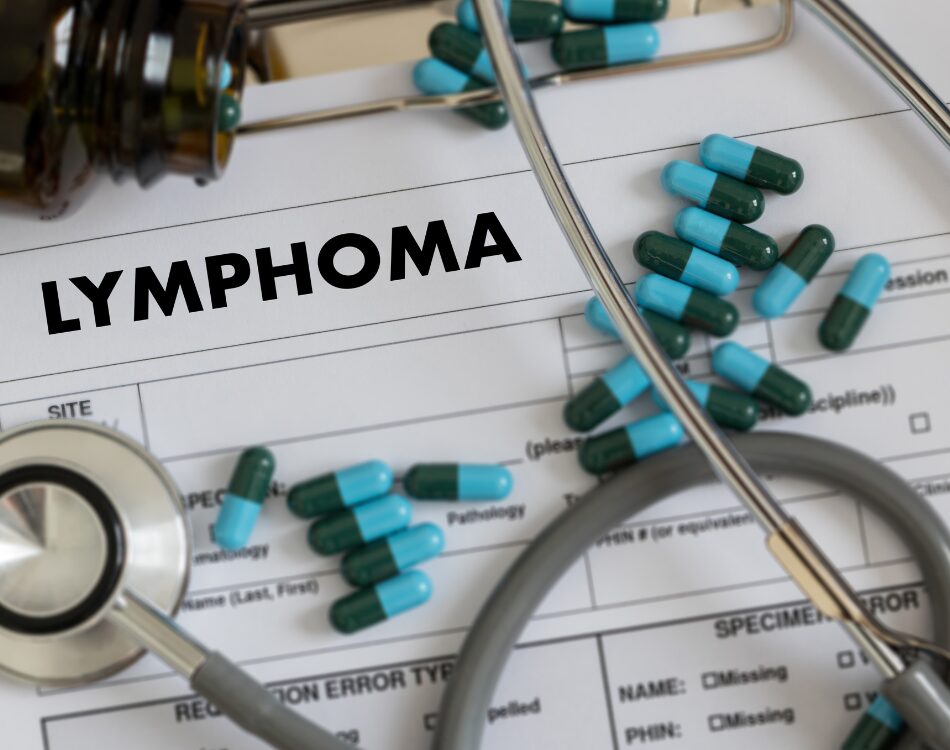Lymphomas, a group of blood cancers affecting the lymphatic system, pose a significant health challenge globally. While advancements in treatment have improved prognoses, the fight against lymphomas continues. Here, we delve into the complexities of lymphomas and explore the beacon of hope offered by clinical trials.
Understanding Lymphomas: A Complex Landscape
The lymphatic system plays a vital role in our immune defense, filtering fluids and housing white blood cells that combat infections. In lymphomas, these very cells turn cancerous, disrupting the body’s natural defense mechanisms. There are two main categories: Hodgkin lymphoma and non-Hodgkin lymphoma (NHL). Each category encompasses various subtypes with distinct characteristics.
Traditional Treatments and Their Limitations
Conventional lymphoma treatments include chemotherapy, radiation therapy, and, in some cases, stem cell transplantation. While these approaches can be successful, they often come with side effects that can significantly impact a patient’s quality of life. Additionally, some lymphomas may not respond well to these treatments, highlighting the need for more targeted and effective therapies.
Clinical Trials: Ushering in a New Era of Hope
Clinical trials offer a glimmer of hope in the fight against lymphomas. These meticulously designed studies evaluate the safety and efficacy of new treatment approaches. Patients who participate in clinical trials gain access to cutting-edge therapies that might not be available elsewhere.
The Contribution of Clinical Trials to Lymphoma Research
Clinical trials are revolutionizing lymphoma treatment in several ways:
- Targeted Therapies: Researchers are developing drugs that target specific vulnerabilities in lymphoma cells, potentially leading to more effective treatments with fewer side effects.
- Immunotherapy: This approach harnesses the body’s own immune system to fight cancer cells. Immunotherapy has shown promise in treating some lymphomas, and clinical trials are ongoing to explore its further potential.
- Personalized Medicine: By analyzing a patient’s unique genetic makeup, doctors can tailor treatment plans to their specific lymphoma type, potentially improving outcomes. Clinical trials play a crucial role in developing and refining personalized medicine approaches.
Challenges and the Road Ahead
Clinical trials are not without their challenges. Recruitment can be slow, and navigating the complexities of trial participation can be daunting for patients. However, the potential benefits far outweigh the challenges.
Conclusion: The Power of Collaboration
The fight against lymphomas necessitates a collaborative effort. By actively enrolling in clinical trials, patients become partners in progress, contributing to the development of life-saving treatments. Researchers, oncologists, and patients, working together, can unlock the secrets of lymphomas and transform the future of lymphoma treatment.

